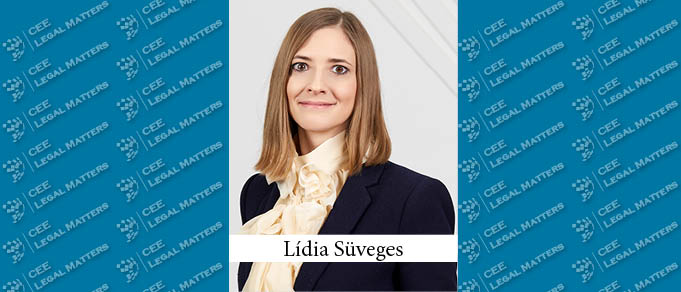From 1 January 2024, new provisions of the act on general rules on electronic administration and trust services (“E-administration Act”) will enter into force which aim to resolve the legal uncertainty over the interpretation of the written form of private electronic documents.
According to the Civil Code currently in force, a declaration on paper is deemed to be in writing if it is signed by the party making the declaration, and a declaration is also deemed to be in writing if it is communicated in a form that is capable of reproducing the content of the declaration unchanged and of identifying the declarant and the time of making the declaration. Under these provisions of the Civil Code, it is left to the judicial practice to decide whether a particular form of legal declaration meets the requirement of written form. However, a number of forms of declaration have emerged in commercial practice, for which there is no uniform judicial practice, and the rules create legal uncertainty. In addition, the current laws do not define the electronic document.
The new provisions of the E-administration Act entering into force on 1 January 2024 determine the general definition of a private electronic document containing a written legal declaration, which also complies with the provisions of the Civil Code. Accordingly, unless otherwise provided by law, a private electronic document is an electronic document that is authenticated by the declaring party with at least an advanced electronic signature and an electronic time stamp or by a document verification service that is specified in the decree of the Government (AVDH). A legal statement made in an electronic private document is also considered as a written declaration under the Civil Code.
Under the Civil Code currently in force, in certain areas of law (real estate, succession, family law, corporate law, financial services), electronic declarations have been so far considered to be written only subject to certain restrictions: if the content was recorded in typescript and complied with the legal requirements governing the creation of electronic documents. From 1 January 2024, this provision will be adapted with the definition of electronic document in the E-administration Act which will provide that, in the context of real estate, succession, family law and corporate law, a private electronic document containing only a textual statement will be considered as a written document. Finally, in order to ensure the development of the digitalisation of the financial and insurance sector and to preserve the results already achieved in this area, the new provision of the E-administration Act will also contain that, in relation to services provided by organisations supervised by the Hungarian National Bank, the requirement of written form is also met by a private electronic document containing a legal declaration signed by the customer with a simple electronic signature, subject to certain conditions.
By Lidia Suveges, Attorney at law, KCG Partners Law Firm




